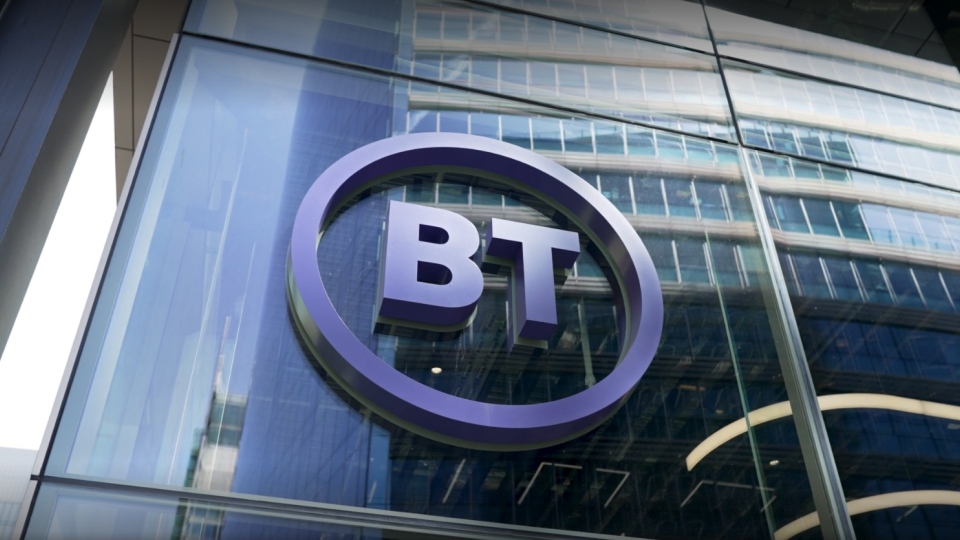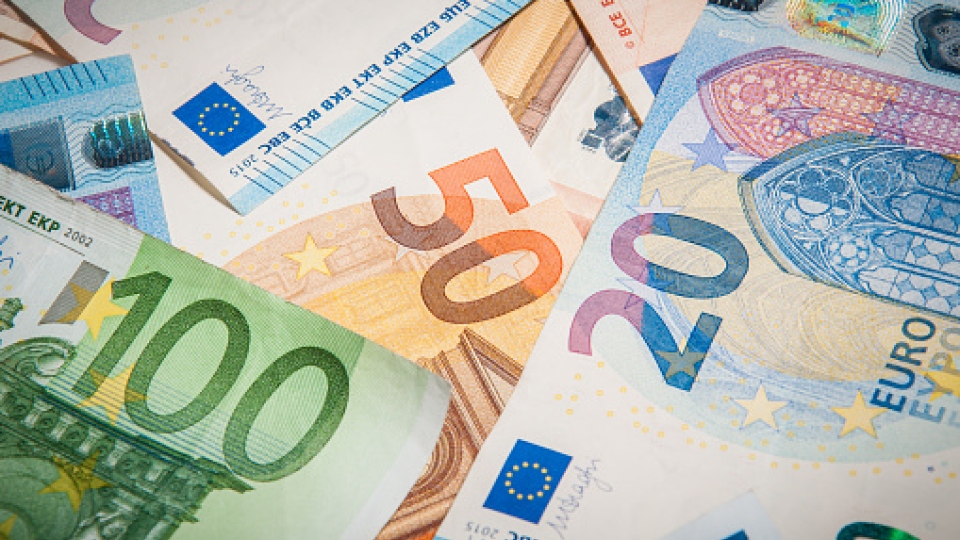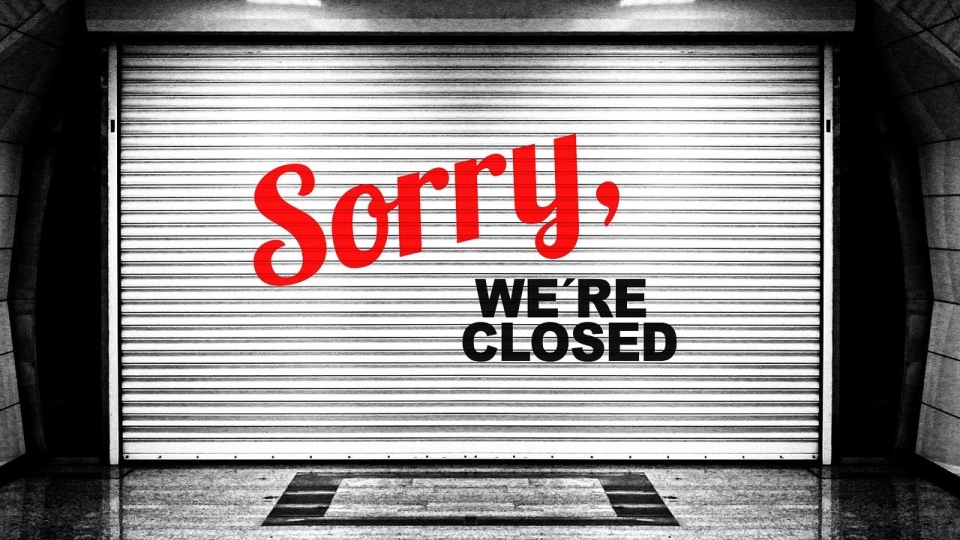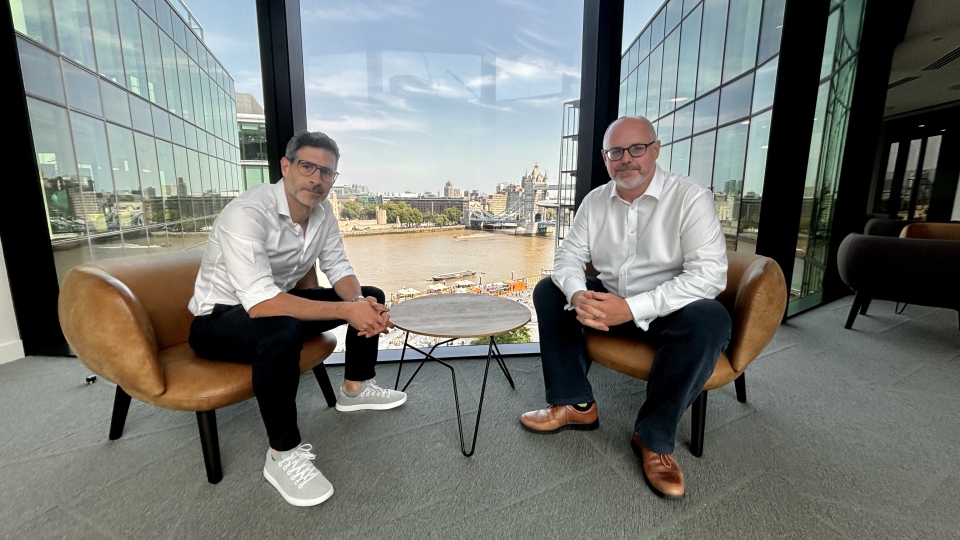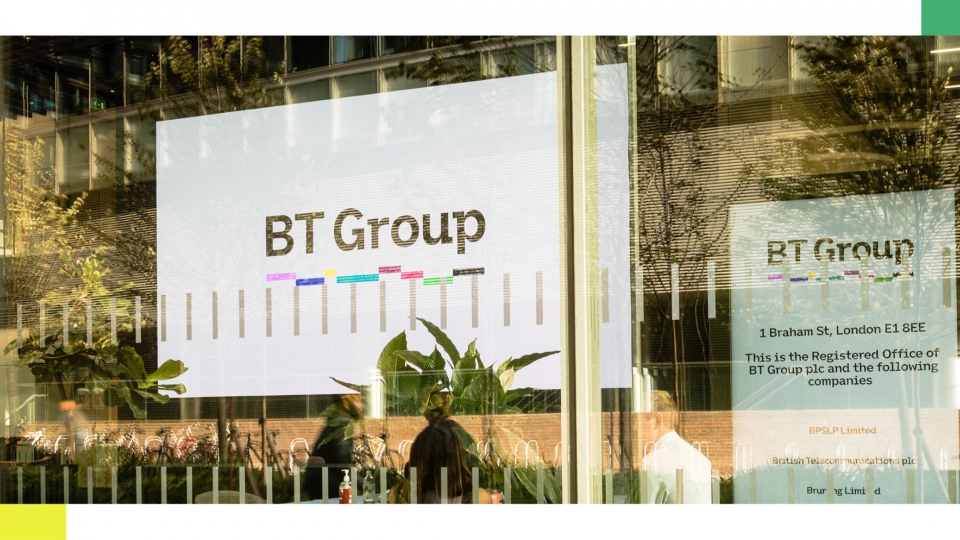
BT Group managed to turn in a minor increase in overall sales for the half-year ending September, but pre-tax profits were down by almost a fifth.
Philip Jansen, chief executive of strike-torn BT Group, claimed: “We remain on the front foot in these turbulent times. Our strategy is working, we're executing against our plan and we're confident that we'll deliver our long-term ambition, while underpinning economic growth in the UK.”
He added: “Our financial performance is on track; we grew revenue and EBITDA in the first six months of the year and we remain laser-focused on modernising and simplifying BT Group.”
With no hint of irony, Jansen added: “Given the current high inflationary environment, including significantly increased energy prices, we need to take additional action on our costs to maintain the cash flow needed to support our network investments.”
BT engineers, call centre staff and others are intermittently striking in pursuit of a pay rise to tackle that “high inflationary environment” and those “significantly increased energy prices”.
But Jansen added: “We are increasing our cost savings target from £2.5 billion to £3 billion by the end of FY25.”
That signals entrenchment by BT management in the face of many of its staff battling to gain a 10% “cost of living” wage increase. It has even warned of job cuts.
BT’s ongoing FTTP (fibre-to-the-premise) build passed 8.8m premises in the half-year, including 2.8m in rural areas, said BT, with initial builds “underway” on a further 6m premises.
The Openreach unit is reviewing its wholesale pricing to “accelerate” migration to FTTP.
EE's 5G network continues to grow with 5G deployed in “nearly all” UK major towns and cities, the firm said.
The group says it has delivered gross annualised cost savings of £1.7 billion since April 2020.
Revenue was £10.4 billion, up 1% due to growth in the Consumer and Openreach lines of business, partially offset by “legacy declines” in large corporate customers in Enterprise, lower equipment sales in Global and the impact of the BT Sport disposal.
The adjusted EBITDA was £3.9bn, up 3% due to revenue growth, continued “strong cost control” and some one-off items, partially offset by increased energy costs and cost inflation.
The reported profit before tax was £800m - down 18% due to “increased depreciation from network build” and “higher specific costs”.
Reported capital expenditure was £2.6 billion, up 2% due to increased Openreach investments in fixed network infrastructure.
The BT share price is currently down almost 10%.
